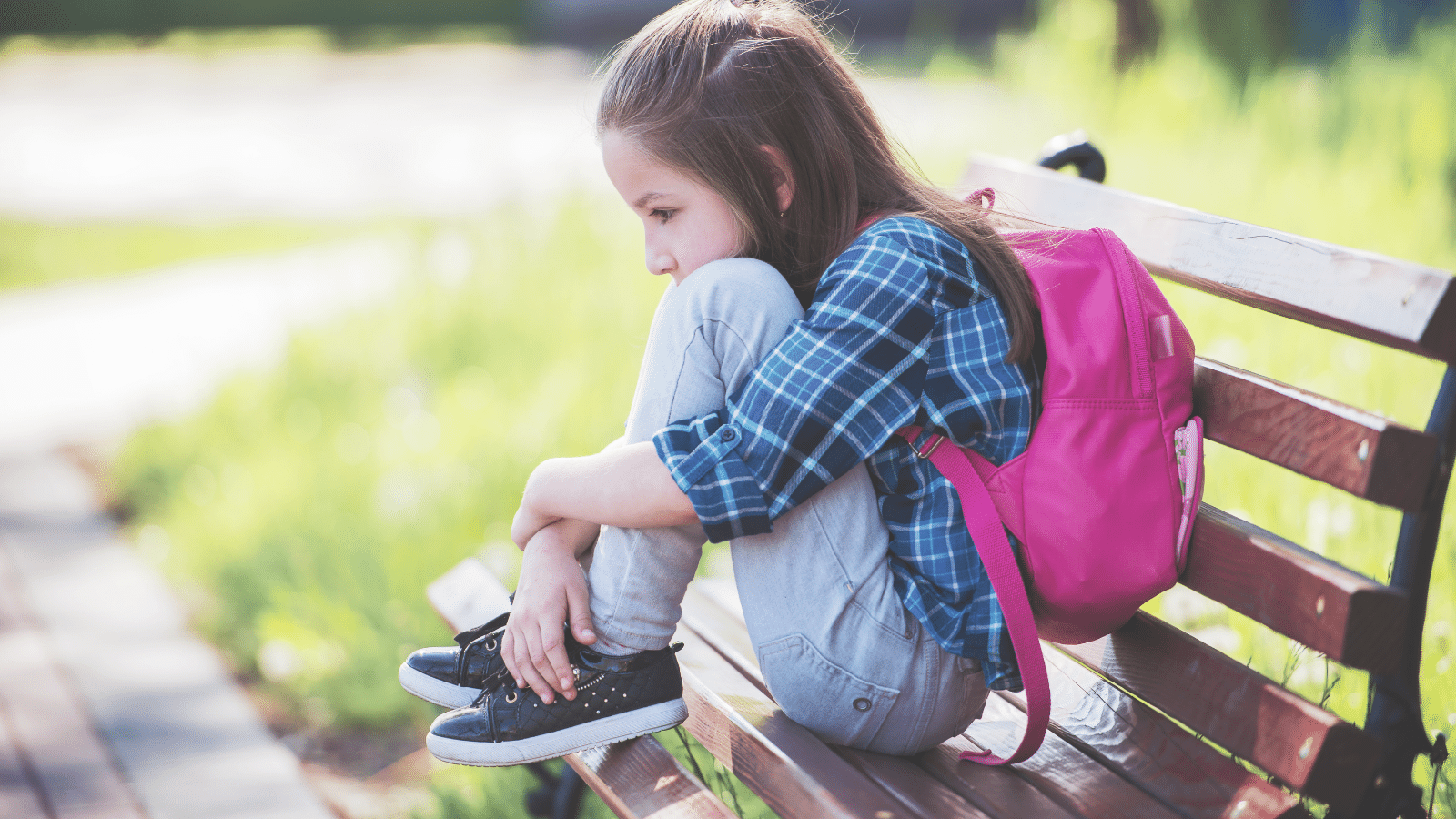Divorces are hard for families and everyone else involved. Divorced parents have to formulate new ways of interacting with each other as well as the best ways to parent their kids. Children are greatly affected by divorces in different ways, with some accepting the divorce and some struggling with the new arrangement. Because the children in each divorce will be different (they may be of different ages or have different personalities and temperaments) the effects of the divorce on them will be different. Here are some of the most common effects divorce has on children.
Poor Academic Performance
Trying to understand the divorce, why it happened, as well as what the future holds can leave children confused and distracted. The changes in their lives, as well as breaks from the norm, are often realized in their academic performances. With destruction and the upending of a “normal” way of life, children are not able to focus on academics which leads to poor performance.
Emotional Sensitivity
Divorce can lead to heightened emotions with feelings of anger, loss, confusion, anxiety, and more seen in children whose parents are divorced. These children are a lot more emotionally sensitive and need someone who understands to help them vent their emotions.
Feelings of Guilt
Children will often try to find reasons for the things happening around them, and divorce is no different. They will wonder if their parents are no longer in love and where they (the kids) did something wrong. These feelings of guilt are sadly very common and can have other side effects including stress, depression, and other health problems.
Anger and Irritability
Children often do not know how to react after a divorce and this leads them to feel angry and irritable. Their anger and irritability will usually be directed at what they perceive to be the cause of the divorce. This can be their friends, parents, neighbors, or other members of the family.
Introduction Of Destructive Behavior
Although no one wants their children to bear the weight and brunt of a divorce, it happens in most divorce cases. One way they do this is through unresolved conflicts that lead to destructive behavior in the future. Research has shown that these unresolved conflicts and the weight of the divorce can lead to participation in crimes, rebellion, and drug use.
For Parents Getting Divorced
There are legitimate reasons why people divorce but in doing so, parents have to understand that their divorce will affect a lot of people, most notably their children. When thinking about divorce and trying to answer the question, “should I get a divorce?”, parents need to think about the long-term effects of their divorce, especially if there will be some unresolved conflicts when everything is done, and the types of behaviors or habits they will breed down the line.
Conclusion
Divorce is hard, especially for children. While adults may understand why they no longer want to remain married, children might be left confused and angry about their parents splitting up. This is why it is so important to try to make the divorce as amicable as possible, explain to their children what is going on, and provide avenues that their children can use as an outlet for their anger and sources of information and help for topics revolving around divorce.





